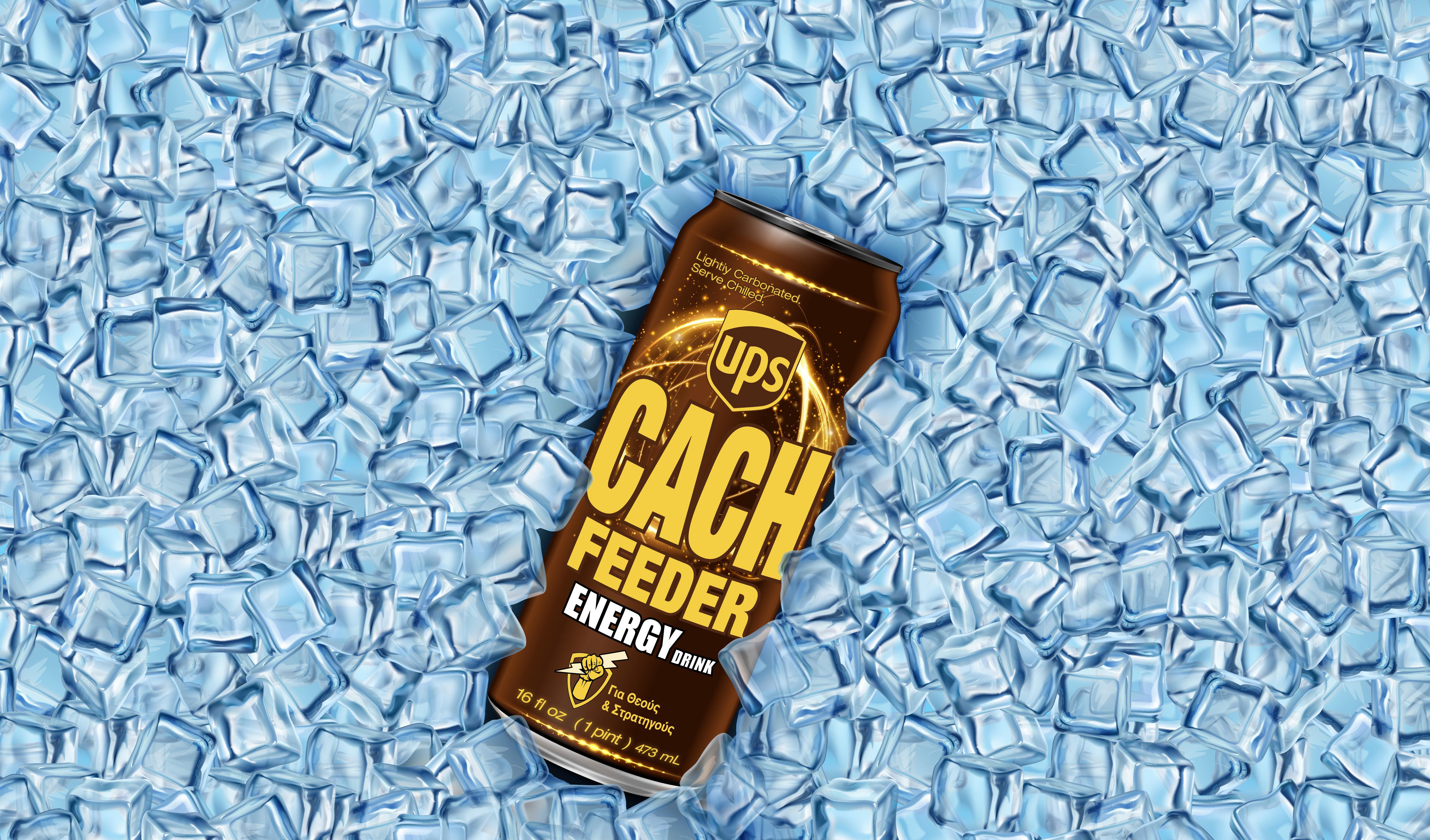
2 minute read
Here’s What Energy Drinks Actually Do to Your Body Here’s What Energy Drinks Actually Do to Your Body
What Really Happens To Your Body When You Use Energy Drinks
Before you pop open another can of Red Bull, you should know the not-so-innocent effects energy drinks can have on your body
Advertisement
ARE ENERGY DRINKS SAFE?
In spite of the potential hazards of energy drinks, the market for them is booming. The Global Energy Drink market is expected to reach $72 billion by 2024. This is great news for energy drink manufacturers, but what are consumers really getting when they buy these drinks? Most of the major brands—such as Red Bull, Monster Energy, Rockstar Energy Drink, and NOS Energy Drink—have the same ingredients. We asked experts to reveal exactly what their ingredients do to our bodies. (Here are nine ways you can boost energy naturally—without energy drinks.)
Energy Drinks Can Cause Dehydration
The main source of energy in most energy products is caffeine. Monster Energy, Rockstar Energy, and NOS Energy all have about 160 mg of caffeine in a 16-ounce can. Red Bull has 80 mg of caffeine in an 8.4-ounce can. (For comparison, an 8-ounce cup of coffee can contain 80 to 100 mg of caffeine, according to the Food and Drug Administration (FDA).) Caffeine has a diuretic effect, which means it increases the amount of salt and water that your body releases via urine. In extreme cases, this can lead to dehydration. It can be particularly harmful in people who drink these products for the first time and don’t know to compensate with extra water, says nutritionist and author Beth Warren. The FDA’s official stance is that people shouldn’t consume more than 400 mg of caffeine per day, which is roughly 4 to 5 cups of coffee, but food and drink manufacturers are not required by law to list the amount of caffeine their products contain. (These are the unexpected signs of dehydration.)
Energy Drinks Can Increase Heart Rate
As a diuretic, caffeine also poses a heart rate risk, says nutritionist Lisa Cohn, RD. A 2019 study in the Journal of the American Heart Foundation found that healthy people who drank 32 ounces of energy drinks in an hour had abnormal heart activity and higher blood pressure four hours later. And that’s not the first research on energy drinks and the heart. The Canadian Journal of Cardiology published a comprehensive study in 2015 that looked at the incidences of cardiac events after energy drink consumption among adolescents. They found that energy drink abuse among teens caused increased risk of cardiac events, especially in those with underlying heart conditions. There were even some cases of energy drink products causing changes in heart rhythm among teens with healthy hearts. This risk increases when the child engages in sports or exercise. In some cases, the high caffeine content of these drinks triggered undetected heart conditions, as in the case of a 17-year-old boy who showed up at the emergency department with sudden onset of palpitations after drinking a high caffeine pre-workout energy drink at the gym.
Energy Drinks May Damage Teeth
Energy drink products contain citric acid, which is highly corrosive to teeth, warns registered dental hygienist Anastasia Turchetta. “Imagine the collision of citric acid with sugars, and you have the perfect storm for tooth enamel demineralization and/or tooth decay,” says Turchetta. “Once your enamel is gone, it won’t grow back! What’s next?
Tooth sensitivity and thinner enamel, which will look more yellow and attract more stains.” What’s even more concerning is that the precise amount of citric acid is not required on the label, so we don’t actually know how much we’re getting. (Here are high-energy foods you could add to your diet.)
9 Side Effects of Too Much Caffeine
Although caffeine is generally safe in low-to-moderate amounts, high levels of consumption can cause unpleasant and even dangerous side effects.
1. Anxiety
2. Insomnia
3. Digestive






